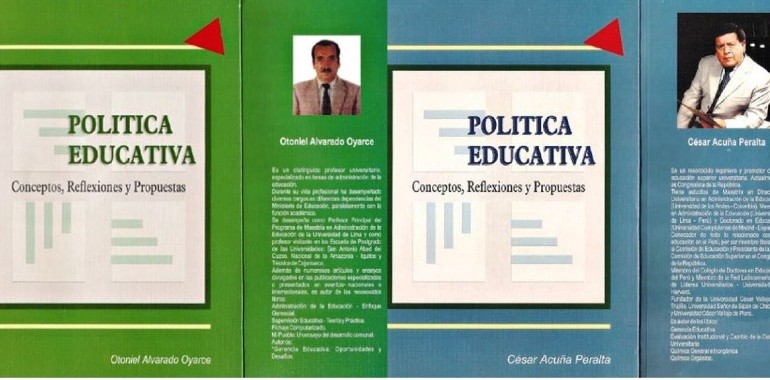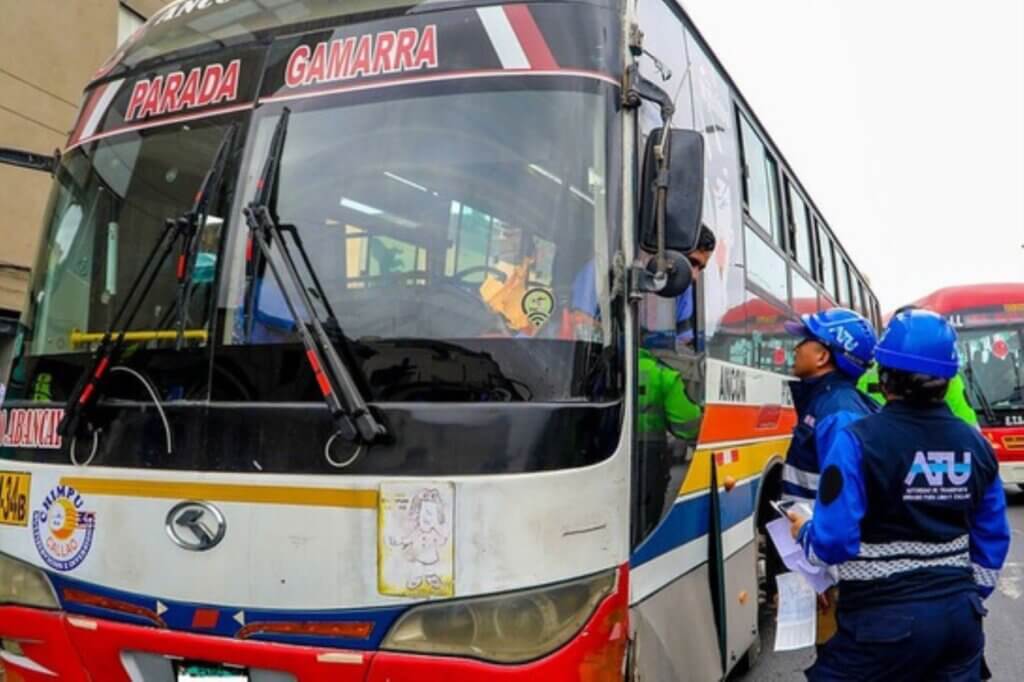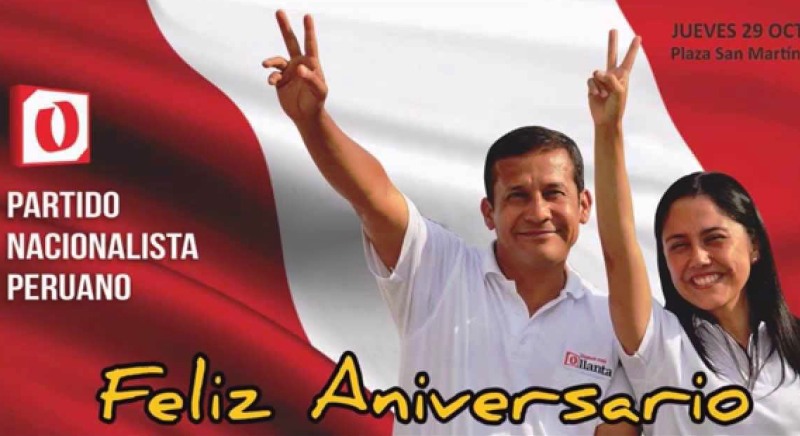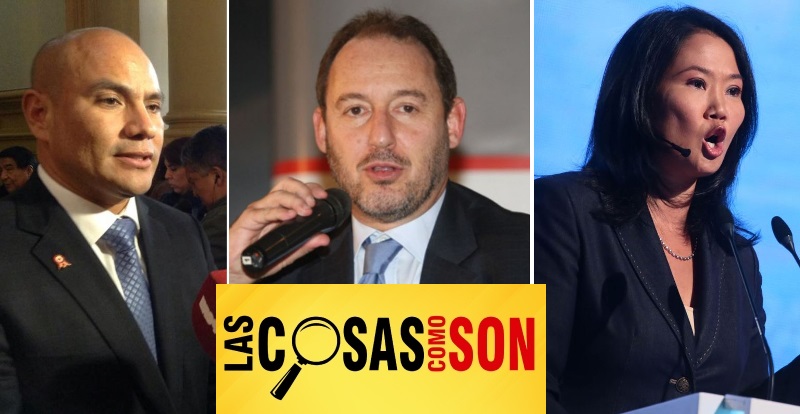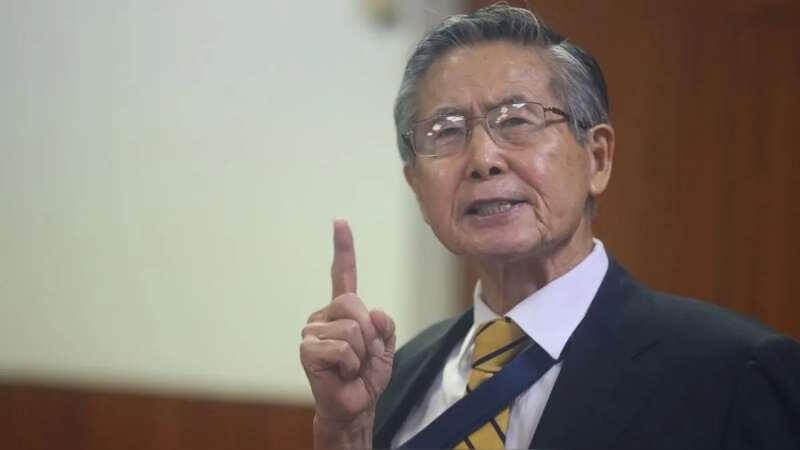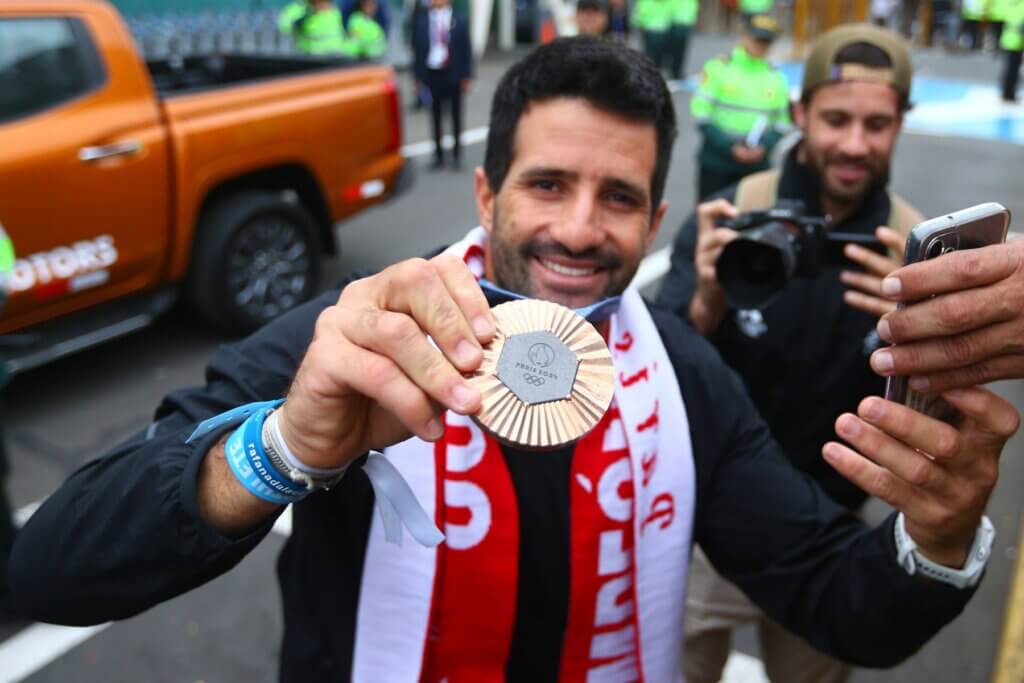Authorities in Peru are investigating presidential candidate Cesar Acuña for copyright infringement for publishing another author’s book under his name.
In the midst of increasingly incriminating allegations of plagiarism in his postgraduate studies, the former mayor of Trujillo and founder of Cesar Vallejo University finds himself the subject of a criminal investigation by Peru’s intellectual property authority Indecopi.
El Comercio reported this morning that the Cesar Vallejo University editorial press published education professor Otoniel Alvarado’s “Education Policy: Concepts, Ideas and Proposals” in 1999. In 2002, the university published an almost identical copy of the book, but with Cesar Acuña listed as the author.
“Technically it wasn’t plagiarism. It was pirating the entire book,” Alvarado told El Comercio. Alvarado, who taught Acuña while the latter was studying for his master’s at the University of Lima, added that he learned of Acuña’s publishing the book under his own name in 2002, but did not want to create problems. “I have never given him any authorization.”
The pirated copies include a change to the foreword written by Jesuit priest Ricardo Morales, founder of Peru’s Educational Forum and National Education Board, to endorse Acuña instead of Alvarado. But the pirated copies fail to change or omit two footnotes which reference El Comercio articles from 1988 and 1993 which quote Alvarado and not Acuña.
Soon after copies of today’s El Comercio hit newsstands, the National Institute of the Defense of Competition and Protection of Intellectual Property (INDECOPI) issued a statement saying it had opened an investigation into Acuña and the Cesar Vallejo University publishing arm for copyright infringement.
If Indecopi finds the Cesar Vallejo University publisher guilty of copyright infringement or piracy, penalties include suspension or revocation of publishing rights and fines of up to $170,000.
The news prompted the resignations of two of Cesar Vallejo University’s most prominent officials. Francisco Miro Quesada, a former editor-in-chief of El Comercio and former ambassador to France, resigned as dean of the university while Beatriz Merino, Peru’s first female Cabinet chief under President Alejandro Toledo, resigned her position as a director.
The official resume Acuña submitted to Peru’s JNE electoral authority listed “Education Policy” as a book he wrote and published. In an interview on RPP today, JNE president Francisco Tavara called for an investigation but stopped short of saying whether a copyright infringement would warrant his disqualification as a candidate.
The news comes as Acuña’s presidential candidacy was already in jeopardy due to his false declaration to the JNE of his home address in an impoverished district of Lima as well as the possibility that the Complutense University of Madrid might revoke his PhD for plagiarism. JNE officials have stated that because the resume Acuña submitted lists the degree, no longer having it could disqualify him from general elections in 2016.
While Acuña’s support in the media and opinion leaders has collapsed since the first plagiarism story broke, it is not clear how much political fallout the former governor of La Libertad will suffer.
Acuña’s support is rooted in Peru’s lowest social classes as well as the smaller cities and rural areas. Observers have speculated that voters in the country’s informal sector, who see themselves as forced to break the law and ignore red tape in order to operate, as well as a new middle class with no formal education may shrug off allegations of plagiarism and piracy.
“For many, the ‘Creole cunning’ is viewed sympathetically as an occasional resource or necessary evil,” writes Ipsos pollster Alfredo Torres.
While the Complutense University and Indecopi investigations will indicate whether Cesar Acuña is allowed to run for Peru’s presidency, only the opinion polls will offer a clue whether the only candidate from outside Lima who has branded himself as an advocate for education can maintain support among voters.
Sources
César Acuña plagió libro completo de otro autor sobre educación (El Comercio)
10 frases de Otoniel Alvarado sobre el plagio de César Acuña (El Comercio)
Miró Quesada y Merino habrían renunciado a la César Vallejo (El Comercio)
El plagio y la intención de voto, por Alfredo Torres (El Comercio)
César Acuña: Presidente del JNE pide que se investigue nuevo plagio (Peru 21)
Leyes de Derecho de Autor (Camara Peruana del Libro)
Comunicado sobre caso de plagio del Sr Cesar Acuña (Indecopi)


